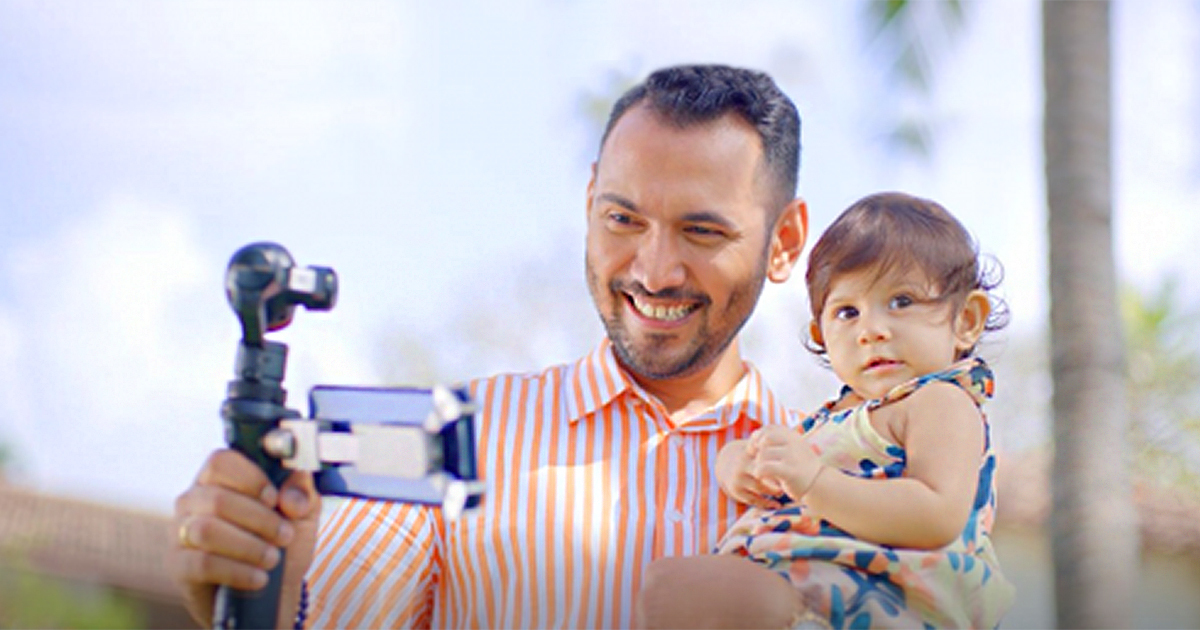
Nobody could have predicted the remarkable remoulding of family dynamics and socioeconomic paradigms the COVID-19 pandemic brought about.
In Sri Lanka, the first lockdown was imposed in mid-March 2020 and the safety protocols
implemented by Sri Lankan authorities drastically altered the established structures which were heavily reliant on social interaction. Since then, the metamorphosis to the ‘new normal’ has been a gruelling adjustment for all.
To learn more on COVID-19’s impact on child development and mental health within Sri Lanka’s family dynamics, Roar sat down with clinical psychologist and psychotherapist Dr. Suhaila Shafeek-Irshad.
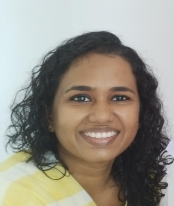
Child Development And The Family Unit
A strong family unit is vital for a child’s development as it is their primary unit of socialisation. They acquire socio-emotional skills mainly through observational learning and mimicking their parents.
Dr. Suhaila said elementary skills also developed during these ‘critical periods’ that persist from gestation to eight years, during which they learn to communicate, socialise and think (i.e. language and cognitive development).
Furthermore, she stressed the importance of a child’s interaction with nature and playing outdoors, noting that “playing with water, clay, sand, and other natural elements have proven to be instrumental in developing a child’s motor skills, problem-solving skills, and artistic and creative expression”.
However, she pointed out that if a child is late to develop these skills, it does not mean they will not learn later on — some children are likely to be “slower in their development”, she says, ergo patience and openness on the parents’ part are key. Child development is strongly influenced by the interplay between nurture and nature. She emphasised that “expecting perfection is
impractical. Accepting that all children are different and will therefore develop at their own pace is critical”.
Children today are more technologically inclined as well. Regulation of screen-time, social media and technology to prevent unhealthy habits that could stunt emotional growth are also important.
‘It Takes A Village To Raise A Child’ – What Happens When This Village Is Removed?
Nurturing a child requires guidance from parents, teachers, grandparents, and various other adult figures — these multitudes of social relationships help a child to achieve a more wholesome growth and overall experience, said Dr. Suhaila. The rhythmic undersupply of these social interactions can increase mental health illnesses, such as social anxiety and depression among child populations growing up during the pandemic era, especially in the case of an only child.
Lack Of Physical School Setting
Prior to COVID-19, schools offered a safe space for children to navigate, interact and function among those their own age — allowing kids to develop their own personalities.
Dr. Suhaila pointed out that children growing up during the COVID-19 pandemic are missing out on fun and thought-provoking opportunities and extracurriculars schools have to offer that have proven to broaden social skills such as confidence, team-building, healthy competition and out-of-the-box thinking.
Dr. Suhaila said chaotic virtual lessons have also resulted in teachers being unable to observe and pay individual attention to students to later provide parents with constructive feedback. This could lead to deficits in a child’s social skill and attention spans. Online learning in Sri Lanka has also increased the disparity in education equality, particularly for families with limited access to the internet and technology.
Parenting In The Time Of COVID-19
Working from home has pushed work-life to seep into personal life. With unemployment rates and the cost of living on the rise, Dr. Suhaila pointed out that parents are likely to take on longer hours and are thereby prone to exploitation from employers due to fear of losing their job. Adding to this, parents are now also shouldered with the responsibility of assisting children in their virtual school activities.
“Parents are also likely to experience guilt and depression as a result of being unable to provide certain opportunities for their children,” she said.
Seeking Solutions
“The pandemic has posed parents with a ‘Catch-22’ state of affairs,” says Dr. Suhaila, seeing as in-person socialisation to safeguard the mental health of their children would be at the expense of jeopardising their physical health.
Understanding the same resources can no longer be accessed during this ‘new normal’ and reaching compromises to adjust accordingly is paramount.
Parents should strive to make the best of a given situation by seeking viable options, such as creating a COVID bubble to ensure the necessary stimulation occurs in a safe environment, or paying close attention to their children’s behaviour and being open to dialogue and reaching out for help.
To safeguard parents’ mental and physical wellbeing, Dr. Suhaila accentuated the importance of self-compassion and incorporating exercise into their daily routines. Also setting aside at least an hour or two everyday or every other day to focus on themselves, engage in hobbies or other leisure activities that are likely to bring about happiness and balance.
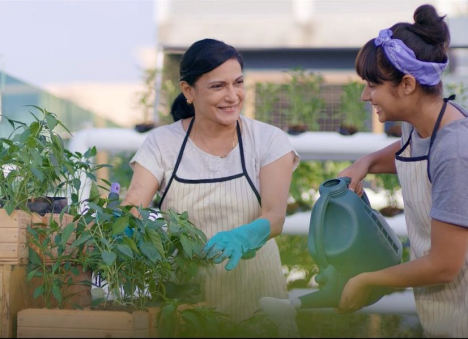
Mental Health Through The Lens Of Today’s Culture
Sometimes, even parents do not like to hear that their child is experiencing depression or anxiety, says Dr. Suhaila, which leads to delays in seeking the required help to overcome the problem and likely worsen the situation at hand.
Significant progress has been made in terms of acknowledging mental health within Sri Lankan society in the past 5-6 years. She attributed this to social media which has “created a platform for people to voice their experiences and interact with one another,” and also called to attention the growing number of local organisations and individuals currently dedicated to the cause.
However, Dr. Suhaila says there is still much progress to be made to shatter stigmas and taboos and increase awareness and accessibility to the necessary resources, particularly from the top down.
“Being receptive, compassionate, open-minded and available to engage in dialogue surrounding mental health” is how we can endeavour to rise above and get through these trying times together.
Brought to you by Softlogic Life’s ’Leda Leda’ campaign.
Geared to explore the urgent impacts of the COVID-19 pandemic on mental health in Sri Lanka, Softlogic Life’s ’Leda Leda’ campaign aims to start a healthy public discourse on mental health and promote ‘Honda Leda’ (good sickness) culture among Sri Lankan households. The campaign is designed to provide insights and shatter stigmas surrounding mental health within the local family dynamic.

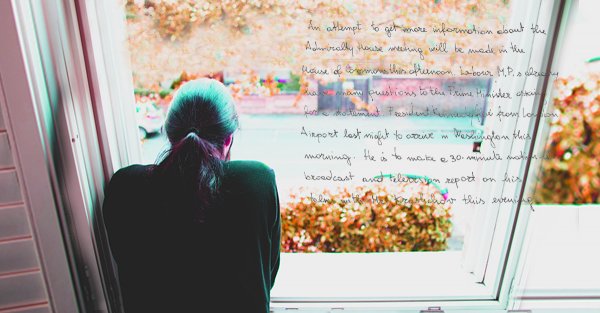
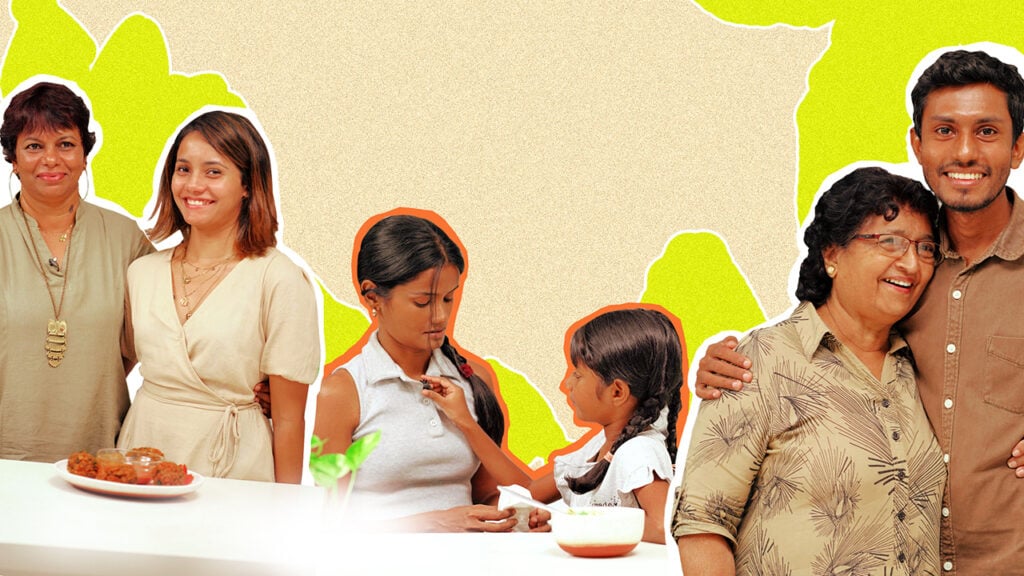
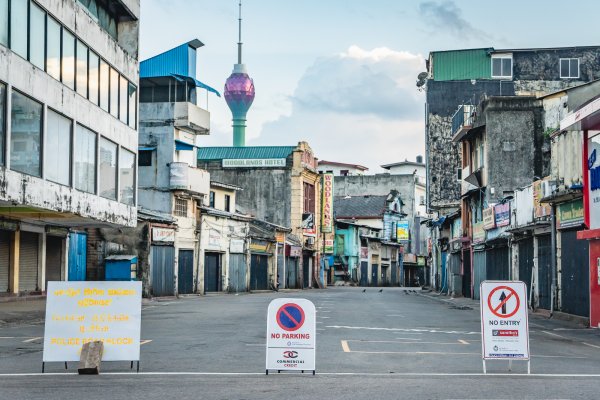

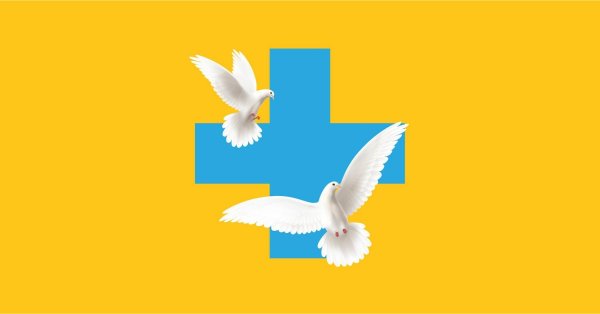

.jpg?w=600)
